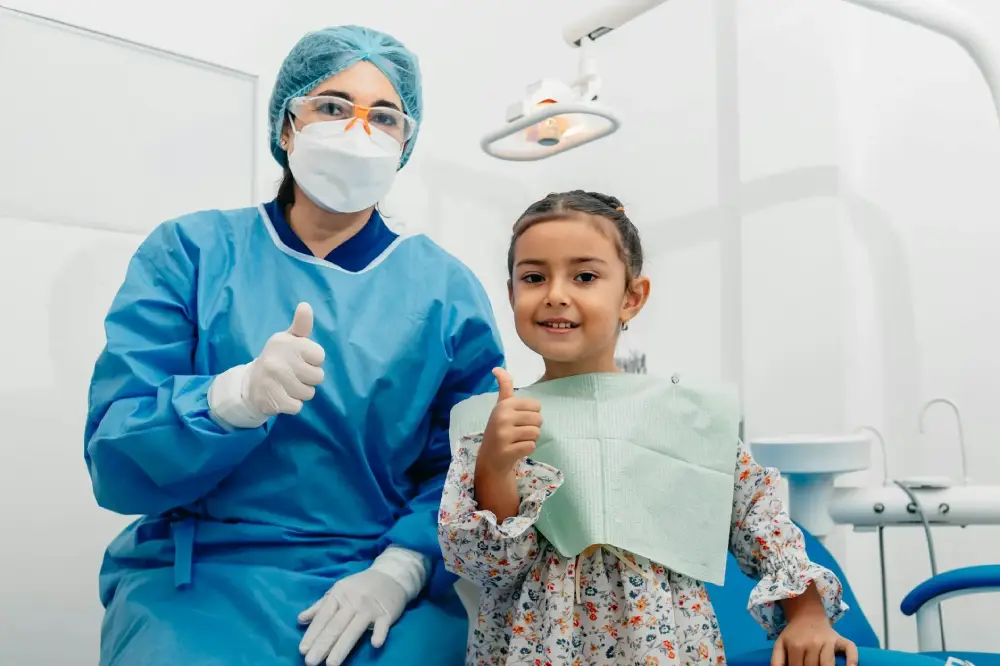
Inspiring Confidence With Every Smile



Meet Our Doctors
Your Partners
in Lasting Smiles
Our skilled team of caring professionals offers years of experience and one-on-one attention. We’re committed to providing a friendly, supportive atmosphere, so every patient feels at ease while working toward a healthy, confident smile that lasts.
As Easy As
One, Two, Three!
At DAFKO, we care about our patients as if they are our own children, treating each individual with respect and warmth. We want your child to learn healthy habits that will impact their overall well-being for the rest of their lives.
_1738420296961_de8b9e732b57.png)
We’re thrilled to welcome new faces and can’t wait to have you and your child join our dental family!
Learn More
A great dental journey begins early. At Dafko, we love helping little ones grow healthy, confident smiles.
Learn More
Helpful guidelines for post-visit care and dental treatments done at our pediatric office.
Learn More
Tiny Teeth, Big Questions:
Our Pediatric Dental FAQ